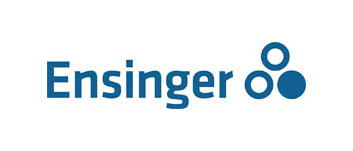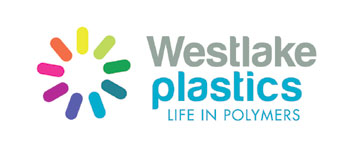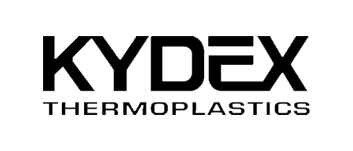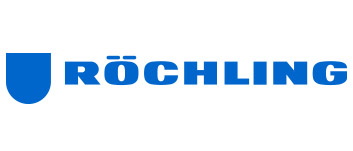Coolants are not generally required for most machining operations involving engineering thermoplastics. The two most common exceptions are drilling and part-off operations. Both involve more tool-part friction than milling and turning operations. Some highly filled, high performance materials, which are very hard by their nature benefit from the use of coolants, but most general purpose materials such as UHMW, nylon, acetal and PTFE (Teflon) can be machined dry, making part clean-up and handling easier. Examples of high performance materials that almost always require the use of coolants are Torlon PAI and Celazole PBI.
The low friction and lower hardness of plastics (compared with metals) reduces the frictional heat build-up at the tool tip during machining operations. However plastics being thermal insulators cause the generated heat to be held at the cutting interface. The amount of heat being generated depends on the depth of cut, feed rate and tooling geometry (neutral to slightly positive geometries are always suggested.) Deep holes and cuts involving tool-to-part rubbing generate frictional heat that generally has to be minimized through the use of coolants. The reduction of frictional heat via the use of coolants improves the surface finish of machined parts as well as part tolerances and leads to longer tool life, thus saving money.
The coolants acceptable for plastics include air, misting systems and flood coolants. Experimentation as to which is more appropriate for a give part is often recommended. Pressurized air can be used on most turning and boring operations. In addition to using the pressurized air to keep frictional heat down, the air can be used to direct the swarf away from the rotating part to avoid chip wrap.
Misting and flood coolants should always be non-aromatic and water-soluble solutions as many amorphous materials such as acrylic, polycarbonate, Noryl PPO, polysulfone and Ultem PEI are prone to stress cracking, a form of chemical attack from incompatible coolants. Two flood coolants suitable for most plastics are Trim 9106CS (Master Chemical Corp.-Perrysburg, OH) and Polycut (Tullco-Savannna, GA.) A mist coolant generally suitable for plastics is Astro-Mist 2001A (Monroe Fluid Technology-Hilton, NY.)
Petroleum based fluids can be used for many semi-crystalline plastics such as nylon, acetal, polyesters, PTFE and most thermosets. Avoidance of this type of coolant is generally a good practice if any amorphous materials are being machined as it can be difficult to determine compatibility until it is too late.









